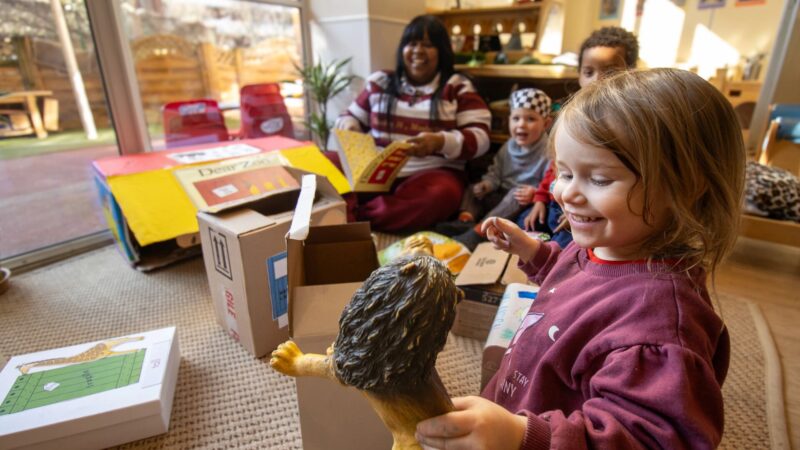
Doubling Down
Funding 15 extra hours for children trapped into poverty
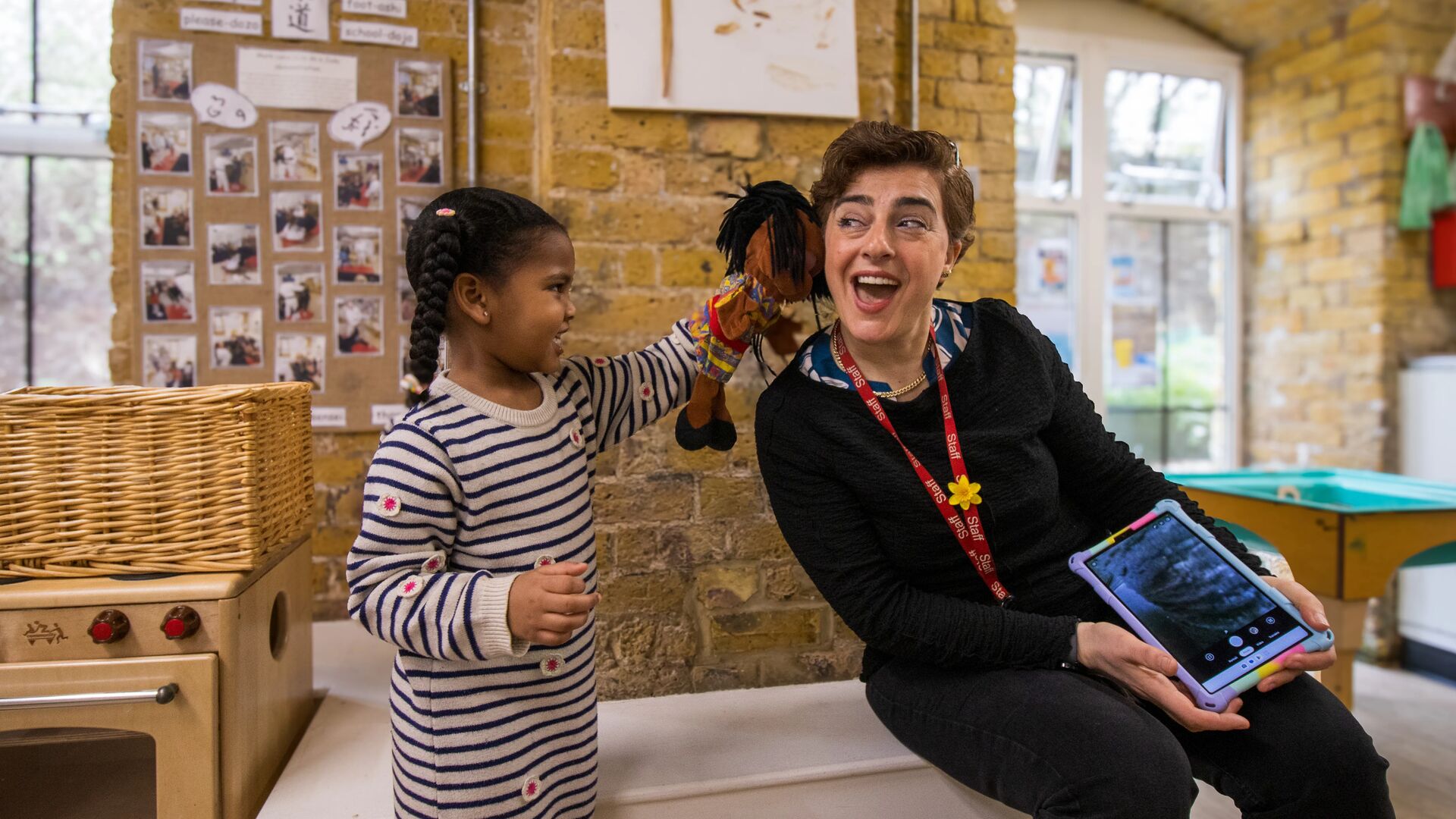
We deliver the very best level of care to each and every child, no matter their individual circumstances.
Experiences in early childhood shape lives and are often the root cause of today’s hardest social challenges, such as addiction, poor mental health and homelessness.
High quality Early Years education and care are especially important for children living in disadvantage.
At LEYF, we are committed to providing high quality Early Years education and care, because we know this benefits all children, irrespective of their social background or ability. It is for this reason that LEYF’s nurseries are disproportionately located in areas of deprivation with 77% of our nurseries in the ‘most deprived’ and ‘deprived’ areas of London, versus an average of 50% throughout London.
High quality Early Years education and care are especially important for children living in disadvantage.
All surplus is reinvested back into the business to fund places for disadvantaged children. More than 32% of our children are offered funded places, which enables those who need it most to access the Government entitlements in Early Years, making LEYF one of the biggest providers of funded 2-year-old places in London.
Prolonged attendance at high quality Early Years settings has a positive impact on children when they start school. For example, literacy rates for children who attend a high quality nursery for two to three years before starting school are nearly eight months ahead of those who hadn’t attended nursery.
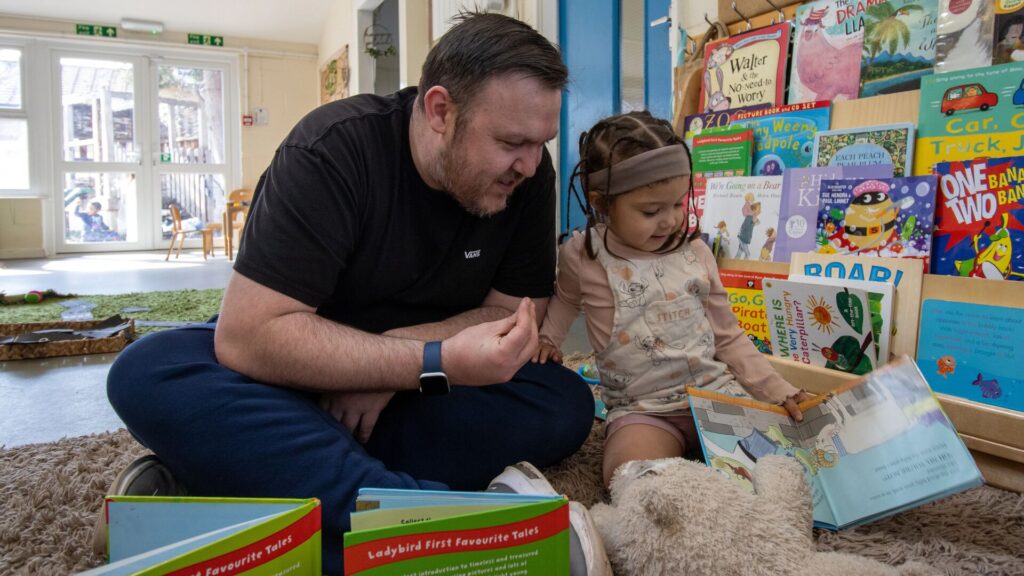
At LEYF, we place a high emphasis on literacy, as we know this gives young children a head start in learning essential life skills that they will use on a daily basis, as well as preparing them for when they start school. This is particularly important for children living in disadvantage and we run workshops to help parents support their child’s learning.
LEYF also champions diversity across our staff team. We firmly believe that children need role models from all walks of life, which influences their decisions and choices in life. We are proud that 7.6% of our nursery teachers are men (compared to the national average of 3%) and 58% of our staff who reported their ethnicity are BAME (as of March 2021).
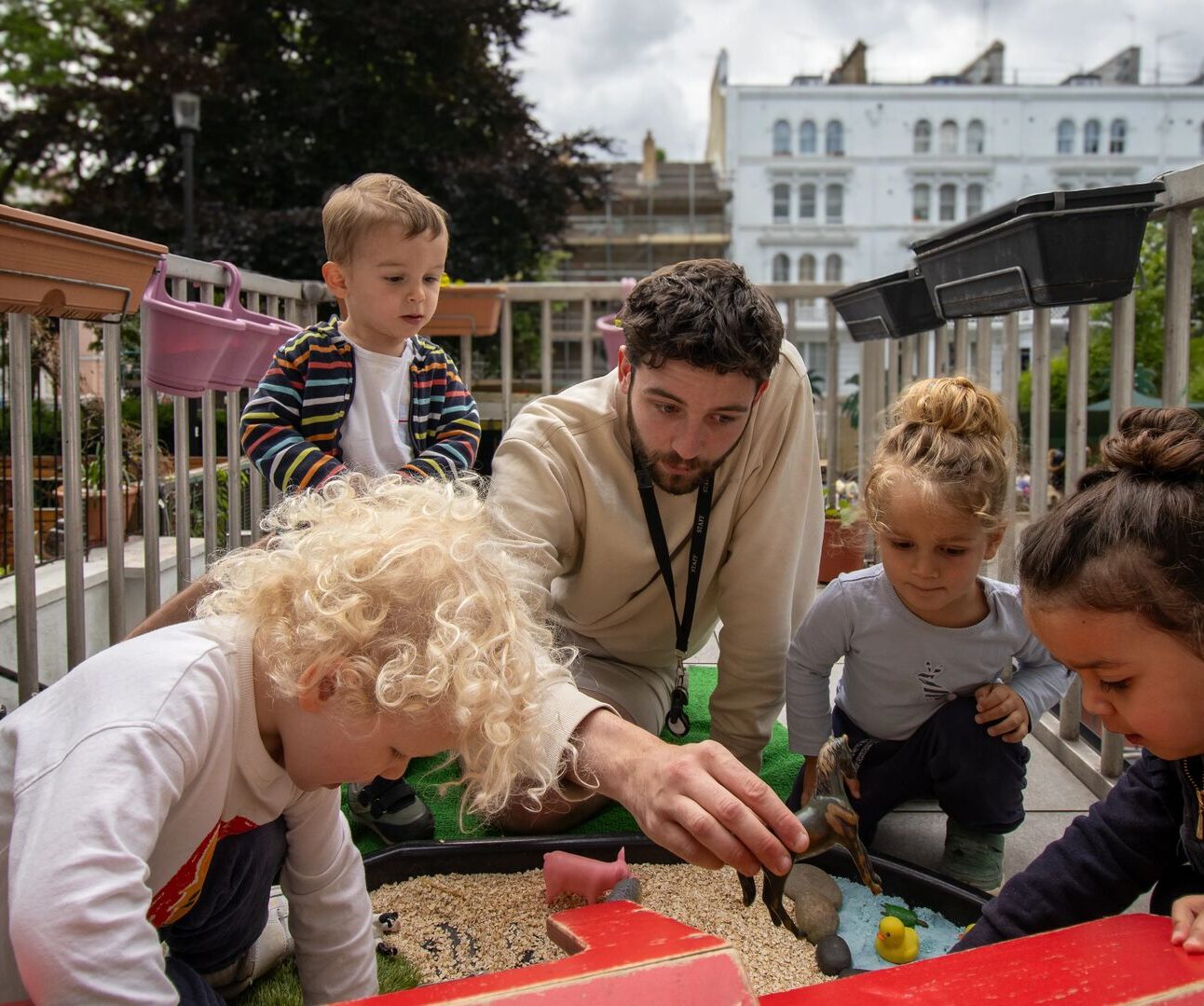
Our research found that children do not differentiate between staff members based on gender and, when selecting activities, they simply want whoever is best.

Funding 15 extra hours for children trapped into poverty
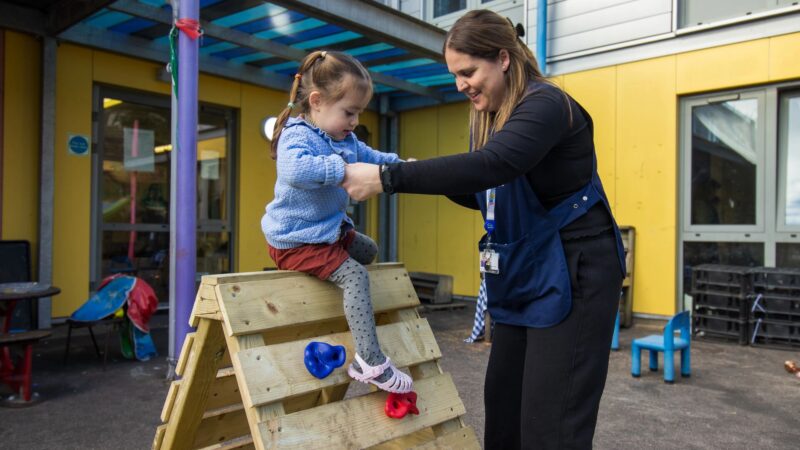
Find the LEYF nursery that's right for you and your child
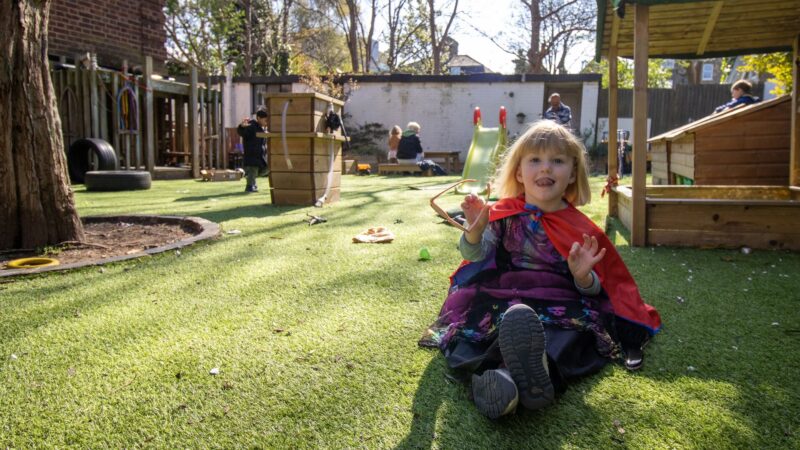
Information for parents about provision for children with SEND needs at LEYF’s nurseries.